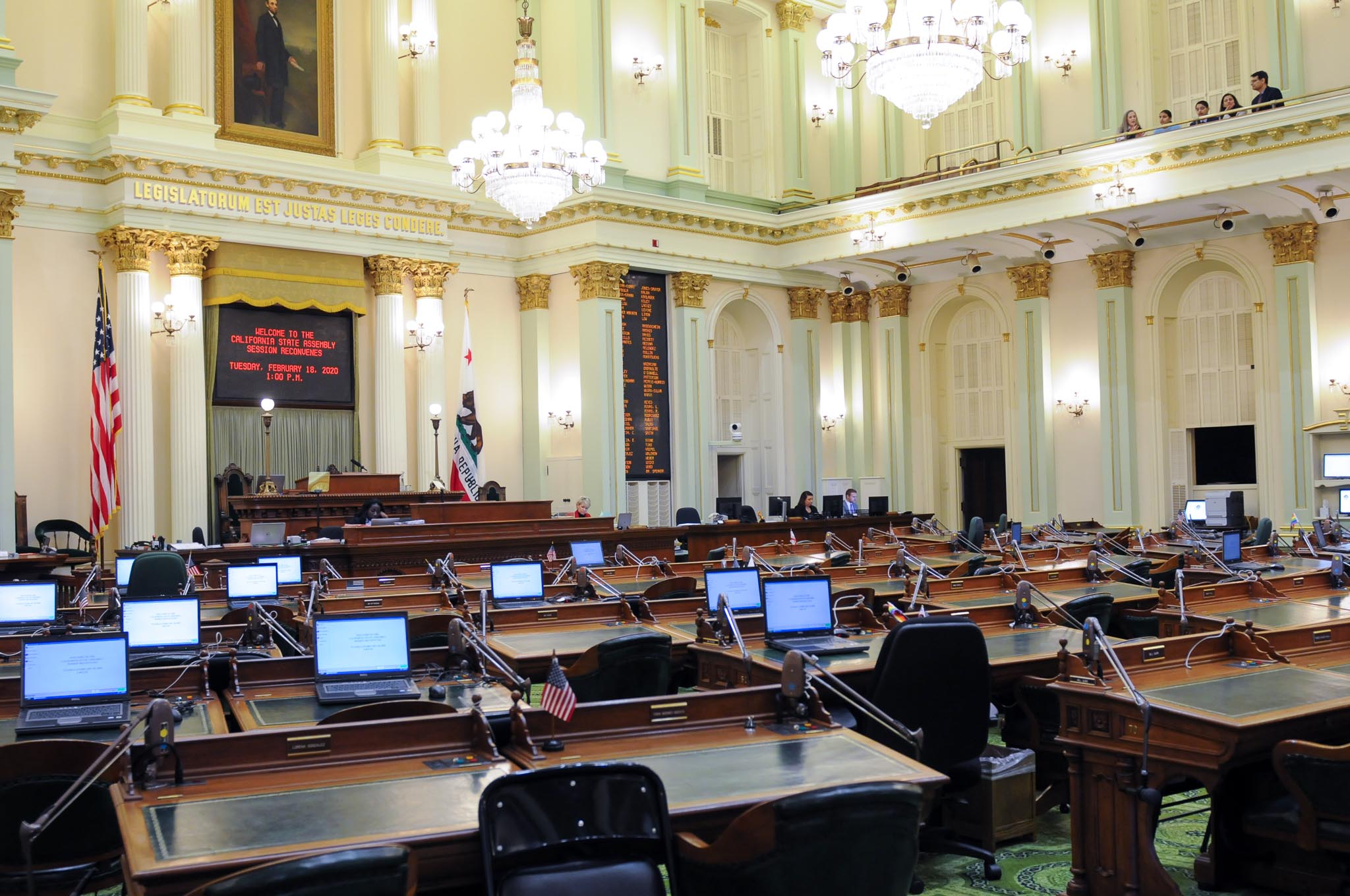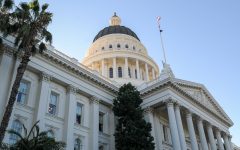
California State Capitol Dome. (Photo: Kevin Sanders for California Globe)
Gift of Public Funds Disclaimer in California Bills
A potential gift of public funds is generally prohibited under the California Constitution
By Chris Micheli, March 30, 2022 7:04 am
On occasion, a California bill will contain a section at the end that provides a disclaimer regarding a potential gift of public funds, which is generally prohibited under the California Constitution. A reader might come across language similar to the following example:
The COVID-19 emergency has had a significant and disproportionate negative impact on the financial health of many low- and middle-income Californians. Furthermore, the COVID-19 emergency has caused many low- and middle-income families to face the loss of jobs, loss of income, increased costs, and increased risks to their personal health and safety. The Legislature hereby finds and declares that the payments authorized by Section 8150.2 of the Welfare and Institutions Code serve the public purpose of providing financial relief for low- and middle-income Californians who may have been adversely impacted by the economic disruptions resulting from the COVID-19 emergency, and do not constitute gifts of public funds within the meaning of Section 6 of Article XVI of the California Constitution.
What does this language mean? And why is such a disclaimer required in legislation? The first step in answering this question is to review Article XVI (“Public Finance”), Section 6, which provides:
The Legislature shall have no power to give or to lend, or to authorize the giving or lending, of the credit of the State, or of any county, city and county, city, township or other political corporation or subdivision of the State now existing, or that may be hereafter established, in aid of or to any person, association, or corporation, whether municipal or otherwise, or to pledge the credit thereof, in any manner whatever, for the payment of the liabilities of any individual, association, municipal or other corporation whatever; nor shall it have power to make any gift or authorize the making of any gift, of any public money or thing of value to any individual, municipal or other corporation whatever; provided, that nothing in this section shall prevent the Legislature granting aid pursuant to Section 3 of Article XVI; and it shall not have power to authorize the State, or any political subdivision thereof, to subscribe for stock, or to become a stockholder in any corporation whatever; provided, further, that irrigation districts for the purpose of acquiring the control of any entire international water system necessary for its use and purposes, a part of which is situated in the United States, and a part thereof in a foreign country, may in the manner authorized by law, acquire the stock of any foreign corporation which is the owner of, or which holds the title to the part of such system situated in a foreign country; provided, further, that irrigation districts for the purpose of acquiring water and water rights and other property necessary for their uses and purposes, may acquire and hold the stock of corporations, domestic or foreign, owning waters, water rights, canals, waterworks, franchises or concessions subject to the same obligations and liabilities as are imposed by law upon all other stockholders in such corporation; …. (Emphasis added)
Certain payments, retroactive tax law changes, and other legislation may constitute “the making of a gift of public money” and would therefore be prohibited by the state Constitution. However, if the Legislature makes a finding in a “plus” section at the end of the bill, the courts in this state have generally deferred to the Legislature’s finding and determined that there was not a violation of Article XVI, Section 6. As a result, the language contained in the example above is required in these types of bills.
- A Historic Look at Bill Introductions in the California Legislature - February 21, 2026
- Construction of Eminent Domain Law - February 21, 2026
- Deposition of Expert Witnesses - February 20, 2026




